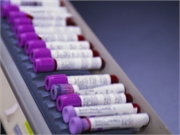
The coronavirus pandemic has families spending plenty of “quality time” together, but living under the same roof 24 hours a day can tax relationships, an expert in child development says. This is “a completely new and unique situation,” said Murray Krantz, a professor in the College of Human Sciences at Florida State University, in Tallahassee.… read on >





























